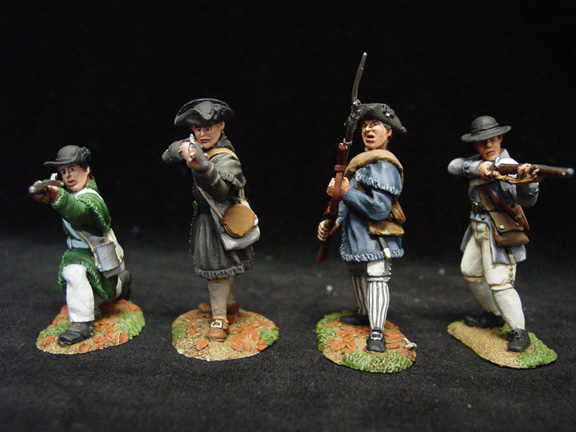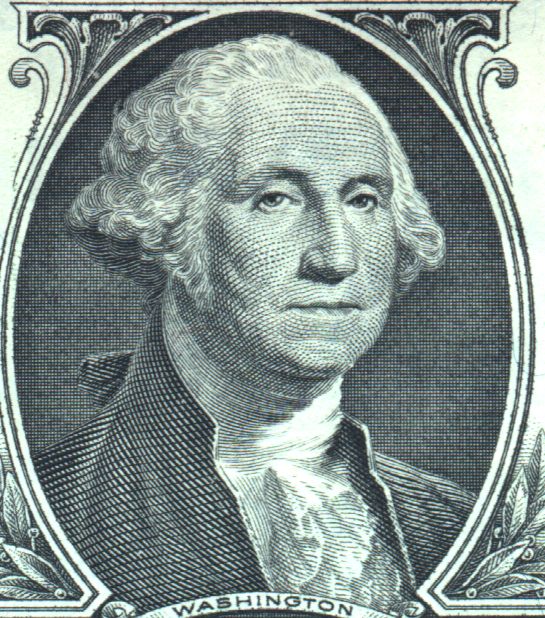Tuesday, September 28, 2010
Mr. Money Machine
 It may not be well known, but one of the only reasons for a real American success in combat was due to the support given by the French. Secret stores of shells and shot traded hands between the colonists and these Frenchmen. These supplies were absolutely vital to the survival of Washington's army and their effectiveness in less-formal combat. I must also add that due to Benjamin's efforts as the American delegate, the colonies were able to rack in the Benjamins. Ha, ha.. get it?
It may not be well known, but one of the only reasons for a real American success in combat was due to the support given by the French. Secret stores of shells and shot traded hands between the colonists and these Frenchmen. These supplies were absolutely vital to the survival of Washington's army and their effectiveness in less-formal combat. I must also add that due to Benjamin's efforts as the American delegate, the colonies were able to rack in the Benjamins. Ha, ha.. get it?Washington's Army Conditions

Another difference between Washington's army and that of the British was the condition. While the British were continually supplied by an ongoing naval bombardment of supplies, the colonial combatants had to scrounge for the resources of war. In fact, guns and powder were among the lesser of their worries. Sickness by dysentery, frostbite, and starvation were among the most common enemies of Washington. Nearly 1/3 of his army was put out of action due to the abundance of such horrific conditions.
The Land, The People, The, ha, Army

The contrast between these two pictures is fairly self-explainitory, but I shall explain anyway. The colonial militiamen were nothing compared to the military men of Britain. Unprofessional, unruly, and unsupported, it is laughable to even imagine such a contest. I find it funny to see the total difference between the two lands of North America and England. One country with superb leadership and no army; the other with awful leadership and a professional army. Not so stacked now...
The Man, The Leader, The Legacy

George Washington of Virgina was the leader that the soon-to-be American people needed: a man of sincere republican values; a man willing to subject his good fortune to the risks of open rebellion in the face of incredible odds. Such a powerfully built man with all the intent of success, yet few of the skills necessary to pull the task off... Washington was 23 when given the role of winning a losing war.
In the Beginning...

Washington was not named Commander in Chief until the collaboration of 56 delegates from the thirteen colonies at what we know today as the 2nd Continental Congress. Also, this group created the Declaration of Causes; basically, this was a document that described the necessity of a colonial militia to work towards reconciliation. Out of this squad of politics came the natural leader, who is still a renowned national icon today.
How It Started
http://content.answcdn.com/main/content/img/getty/1/2/51862212.jpg
Unfortunately, the follwing picture was not of the correct proportions to be properly viewed in the standard window, so please click on the uplink text.
The beginnings of Washington's army can be traced back to the Battle at Lexington. Even the word battle is misgiving due to the fact that this conflict was more of a melee betweeen armed Britons and armed colonists. Though it can not be accurately concluded as to whom started this battle, a conflict did conclusively occurred, rattling the colonies and sending many of these future Americans to Washington's embrace.
Unfortunately, the follwing picture was not of the correct proportions to be properly viewed in the standard window, so please click on the uplink text.
The beginnings of Washington's army can be traced back to the Battle at Lexington. Even the word battle is misgiving due to the fact that this conflict was more of a melee betweeen armed Britons and armed colonists. Though it can not be accurately concluded as to whom started this battle, a conflict did conclusively occurred, rattling the colonies and sending many of these future Americans to Washington's embrace.
Washington's "Professional" Military
 I find this post rather amusing and ironic. To kick off my topic, this picture may signify a beautifully ignorant stereotype concerning George Washington's army during the Revolutionary Way: privileged, wealthy, a gentlemen's organization. If you are of this belief and wish to retain such marvelous imaginations, please escort your eyes from this blog site. From here on in, things are about to get dirty...
I find this post rather amusing and ironic. To kick off my topic, this picture may signify a beautifully ignorant stereotype concerning George Washington's army during the Revolutionary Way: privileged, wealthy, a gentlemen's organization. If you are of this belief and wish to retain such marvelous imaginations, please escort your eyes from this blog site. From here on in, things are about to get dirty...Wednesday, September 1, 2010
The Great Awakening and Seperation of Church and State
The United States of America grew up with a fundamental distrust of government that is evident all the way back to the very beginning of its founding. Many early Americans took part in the fostering of this trait during an event known as the Great Awakening. To understand how this religious event resulted in this type of response, a closer examination of the situation is required. The Great Awakening led to the separation of Church and State as a result of anti-government feelings.
The Great Awakening was the religious movement in the mid-18th century experienced by the majority of all American Protestants. In this timeframe, both Jonathan Edwards and George Whitfield preached with a fiery emotion that inspired crowds to scream, weep, and tremble. The actions of these two preachers inspired a whole new type of preacher to be unleashed across the American settlers, giving rise to a more deeply emotional and personal connection to their faith that had not existed before this time. Also noteworthy is the fact that the Great Awakening was the first spontaneous movement mass movement of this totally cosmopolitan people. It is also important to note that the majority of these people banded together on the basis of religion. From this point of view, it becomes more obvious how the American people developed a special affinity towards their faiths; these people could bond together on the premise that they all feel the same burning in their hearts and have a commonality even amongst their many differences.
Early Americans developed their modern anti-governmental attitude through their emotional and communistic feelings towards religion. It is natural to want to preserve this war-fuzzy feeling and this is why the majority of Americans advocated for the separation of Church and State. The mere nature of the personalization of religion makes it impossible to be ‘blanketed’ over society. This blanketing action would come from the government and an intelligent American society could make the deduction that this would surely happen to them if they followed in the steps of the European parents. Therefore, Americans decided to keep separate their personal church and their ruling body. This view of government is negative in that the people were not willing to give up this freedom of worship in fear of losing a dimension of their personality. In conclusion, Americans did not support a joint church and state in response to their anti-governmental sentiment.
Subscribe to:
Comments (Atom)